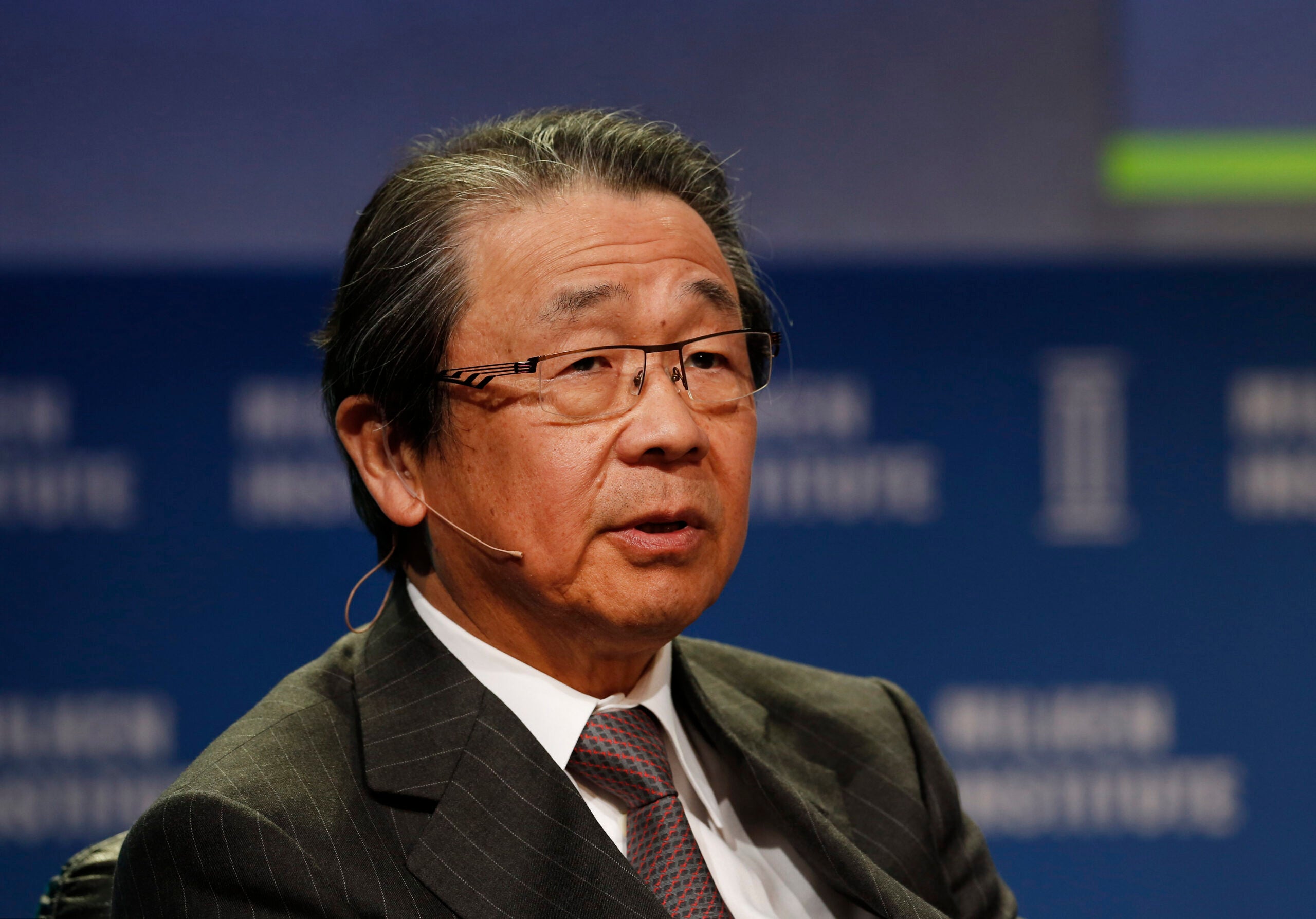
Another scandal has hit Japanese multinational Toshiba after a probe found the company had colluded with the government to try and influence boardroom votes. On Monday, the company apologized saying it would remove two directors. Chairman Nagayama Osamu, however, declined to resign, announcing that he wanted to help right the wrongs and would bring in new directors.
A 147-page report released on Thursday revealed damning details about the collaboration between the company and the government. It alleges that Japanese prime minister Yoshihide Suga, who was chief cabinet secretary at the time, received updates on activists’ campaigns ahead of the July 2020 annual meeting, which the report ultimately concluded was “not fairly managed”.

Access deeper industry intelligence
Experience unmatched clarity with a single platform that combines unique data, AI, and human expertise.
It also highlighted how the Ministry of Economy, Trade and Industry (METI) collaborated with management to block foreign investors from gaining board influence. One of the leading shareholders called it the world’s worst corporate scandal in a decade, Reuters reports.
On Monday, chairman Nagayama acknowledged a “lack of awareness on our part, including our dealings with METI.” However, he also refused to quit as the company prepared for its second emergency shareholder meeting this year.
“There is taking the responsibility [by stepping down] and the responsibility to fulfil my obligation and I would like to focus on fulfilling my responsibility,” he explained.
“We apologize to our shareholders and all the other stakeholders in view of their concerns and anxieties that they have expressed with respect to this,” Nagayama said. “The board of directors takes these comments seriously and we will continue to use them to improve management in the future.”

US Tariffs are shifting - will you react or anticipate?
Don’t let policy changes catch you off guard. Stay proactive with real-time data and expert analysis.
By GlobalDataIn response to the scandal, the company said on Sunday that it would no longer be putting forward the names of two directors for re-election and that two other executives would also resign.
Toshiba: A tale of many scandals
The report, compiled by three lawyers, including the head of O’Melveny & Myers’ Tokyo office, concluded that the plot involved “acts suspected to be against laws” and represented an attempt to unfairly restrict the exercise of shareholder rights.
Central to the scandal was Kurumatani Nobuaki, then chief executive of Toshiba, who resigned in April amid fears that he might fail to win approval at the 2021 annual meeting later this month and following a botched $20bn buyout offer from private equity group CVC.
In revealing text messages, Kurumatani told one of his senior executives that Toshiba’s efforts to suppress moves by activist investors would not fall to its financial advisers – Goldman Sachs and Nomura – but would be mostly handled by the government. He is quoted as writing: “METI will play the main role this time.”
This latest scandal surrounding Toshiba is the culmination of five years of extraordinary turmoil at one of Japan’s most prominent companies. A series of incidents have included an accounting fraud, the collapse of the US nuclear unit, the sale of the prized chip business and a narrowly avoided delisting from the Tokyo Stock Exchange.
Investors have long suspected that Toshiba enjoyed unusually high levels of protection from the Japanese government and that shareholder interests were consistently suppressed.
Japan has had a long history of public/private entanglement, which lent the country its nickname Japan, Inc. The name gained notoriety in the 1980s when Western perception was that the alliance of Japan’s government bureaucrats and corporations established and implemented unfair trade policies.
Even today, Japan is known for having a protectionist approach when it comes to foreign control. Last year, the government identified 12 industries for which foreign investors purchasing a stake of 1% or more in one of its companies would be subject to pre-screening, Nikkei Asia reported.
Other Japanese multinationals have also struggled with collusion and corruption scandals. The former Nissan chief Carlos Ghosn famously fled Japan, where he was charged for financial misconduct, sparking an international incident.







